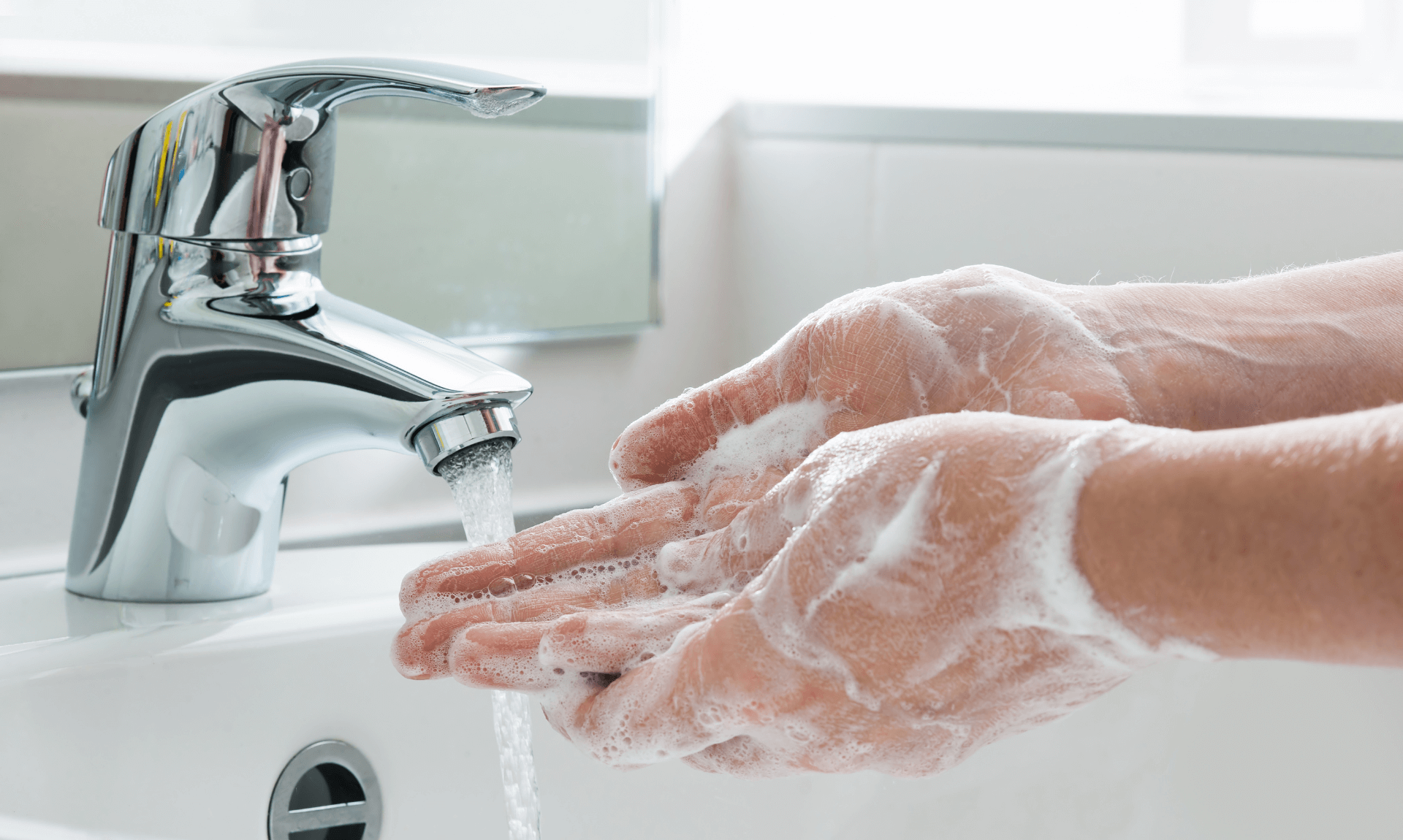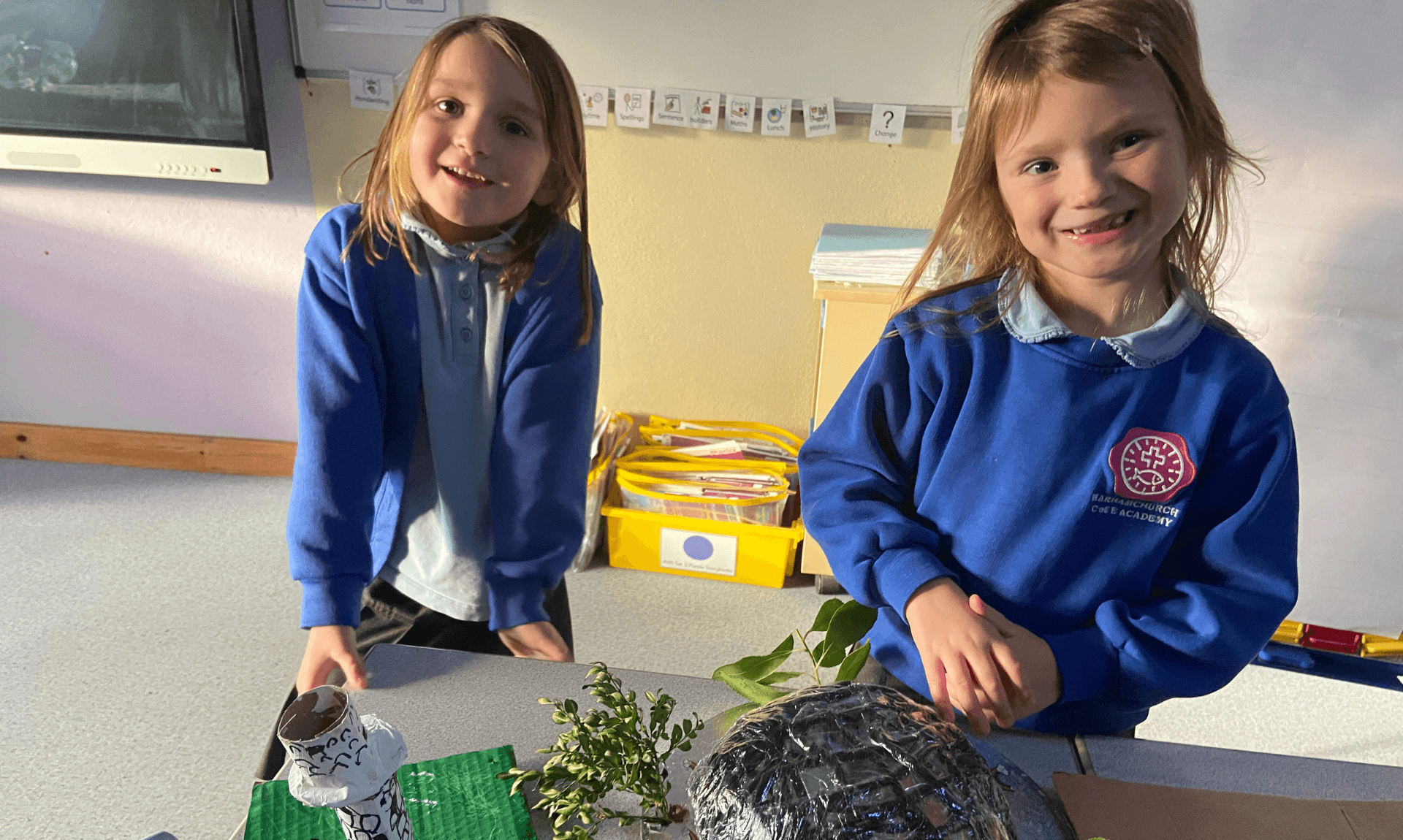Think You’re Washing Your Hands Properly? Expert Reveals the Truth This Global Handwashing Day
Hand washing plays a vital role in protecting our health and limiting the spread of bacteria and viruses. As Global Handwashing Day takes place today, Wednesday 15th October 2025, food hygiene training experts at High Speed Training are tackling common myths around hand hygiene and sharing advice on how to do it right.
Gloves Aren’t Always Safer
Dr Richard Anderson, Head of Learning and Development at High Speed Training, said:
“Wearing gloves can actually be less safe and less hygienic than not wearing them. Bacteria can multiply quickly on gloved hands, which can easily spread onto your hands if the glove is punctured or taken off.
“Gloves can also carry bacteria on them, and that bacteria can transfer onto anything you touch, which can cause cross contamination or issues with allergens.
“While you can wear gloves, you should bear in mind that hand washing is still the most proven way of limiting contamination of food, surfaces, and other objects, as well as keeping yourself safe. If you do wear gloves, ensure that you change them frequently, wash your hands thoroughly in between glove changes, and wear gloves that are food grade if you are preparing food.”

Hot Water Isn’t the Key
Hot water alone won’t kill bacteria or viruses. Soap is essential to remove germs effectively. The experts say washing in warm water between 35°C and 45°C is enough to keep hands clean and safe.
The Hidden Risk of Hand Dryers
Dr Richard explained that while hand dryers are common, they can increase bacteria rather than reduce it.
“While they may be common in toilets and bathrooms up and down the country, hand air dryers can actually increase the amount of bacteria on your hands after you’ve washed them. The inside of hand dryers are moist environments, meaning that they are the perfect environment in which bacteria can grow. Then, when air is released from the dryer to dry your hands, this air can be filled with bacteria.
“Germs can be transferred more easily to and from wet hands than dry hands. The safest way to dry your hands is by using disposable paper towels, as these help to prevent harmful bacteria and viruses from getting back onto your hands.”
When Hand Sanitiser Isn’t Enough
Alcohol-based hand sanitiser is useful when soap and water aren’t available, but it must contain at least 60% alcohol to be effective. However, it doesn’t work as well on dirty or greasy hands. The alcohol can also dry the skin, making it harder to remove bacteria that get trapped in cracks.
Why Time Matters
How long you wash your hands for really does matter. Dr Richard said:
“The length of time that you wash your hands for is actually very important. The NHS recommends that you wash your hands for 20 seconds, as this is how long it takes to effectively destroy any harmful bacteria or virus that may be on your hands, and allows time for thorough cleaning.”
More Than Just Before Meals
Hand washing isn’t only for before meals or after using the bathroom. It’s essential after touching animals, handling rubbish, sneezing, or preparing raw food. The experts recommend washing hands:
-
After using the toilet or changing a nappy
-
Before and after touching raw foods such as meat and vegetables
-
Before eating or handling food
-
After blowing your nose, sneezing, or coughing
-
Before and after treating a cut or wound or giving first aid
-
After touching animals, their food, or cleaning their cages
-
After handling rubbish or recycling
As Global Handwashing Day reminds us, simple steps like washing hands correctly can make a big difference in preventing illness and protecting everyone’s health.
Share This Story, Choose Your Platform!
To keep up with the latest cornish news follow us below
Follow CornishStuff on Facebook - Like our Facebook page to get the latest news in your feed and join in the discussions in the comments. Click here to give us a like!
Follow us on Twitter - For the latest breaking news in Cornwall and the latest stories, click here to follow CornishStuff on X.
Follow us on Instagram - We also put the latest news in our Instagram Stories. Click here to follow CornishStuff on Instagram.
You Might Also Be Interested In
Don’t Miss What’s Happening in Cornwall
Join others in Cornwall by receiving the latest daily news in Cornwall, sent direct to your inbox.




























